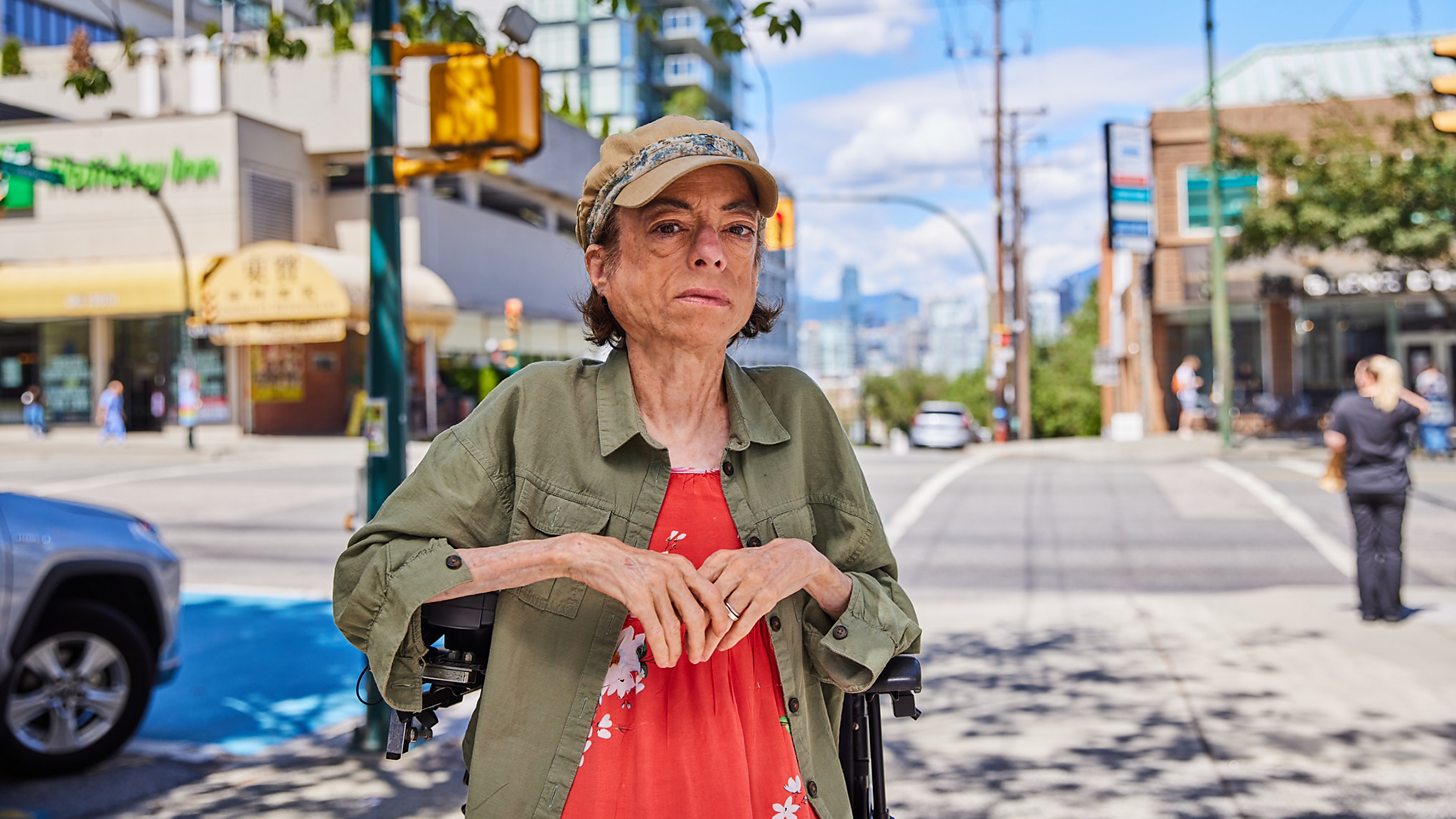By Benedict Plimmer, Chair of Trustees for Catholic Student Network.
In meetings with students and other ministry-based organisations I feel there is a consensus that the Church’s primary role is larger and broader than as a political campaigner or pressure group. This perspective aligns with the Passion narratives, where Christ stands in contrast to the political saviour of Barabbas. Likewise, our first calling is to minister to hearts and bring people into relationship with Jesus, and on that basis take our place within the broader society. As a result of this holistic worldview, there are some issues where we must make our voices heard as a direct result of our faith. One of these is the current conversation around euthanasia and assisted suicide.
On BBC One earlier this year, a somewhat unexpected documentary aired that I believe helps the Church in outlining its position.
The documentary, entitled Better off dead? was presented by Liz Carr, a disability rights activist and BBC actress well known for her role in Silent Witness. Carr, who has a rare congenital disease, offered her perspective on the public debate around euthanasia and assisted suicide.
Over the course of the documentary, Carr makes three key points:
Firstly, legalising euthanasia acts as making suicide socially acceptable for depressed or vulnerable people, people who in her view we should be helping heal rather than eradicating.
Secondly, assisted suicide and euthanasia could quickly become a cover for state eugenics, making savings on national healthcare systems by killing ‘expensive people.’
Finally, she exposes the argument for autonomy as profoundly weak and liable to abuse, reframing it to show that there is more autonomy by allowing individuals to make dignified choices about the medical care they receive.
The most harrowing part of the documentary is when Carr interviews a MAiD (Medical Aid in Dying) practitioner from Canada, Dr Ellen Wiebe. When asked, Wiebe excitedly offers that she has participated in the deaths of over 400 people through her role within the MAiD program. The chilling interview outlines the subjectivity of the law with Wiebe seeming to relish describing the process to a visibly traumatised Carr. Wiebe enthusiastically describes MAiD as the very best work she had ever done and offers that nothing is better than grateful patients!
In a key conversation with Baroness Jane Campbell, Carr and Campbell discuss their frustrations about how their lives can be primarily perceived as ones of suffering. On the contrary, they love their lives and want to ensure that their voices can be heard in the narratives that surround people with disabilities more generally. Carr and Campbell articulate their conviction that assisted suicide and euthanasia are innately discriminatory to people with disabilities, which is advocated for in their name but without their support. As a palliative care doctor interviewee highlighted, while the medical profession is split on the issue, those who work closest with the vulnerable and the dying are most likely to stand against the legalisation of assisted suicide and euthanasia.
The documentary represents a considered statement of Carr’s fears regarding the consequence of assisted dying laws. However, I feel Carr misses the opportunity to make a moral argument for the dignity of life. It frustrated me that, in her conversations, truth, good and beauty of human life only features implicitly, if at all.
The key message I took from Carr’s documentary is that we need conviction in knowing and sharing the preciousness of authentic human dignity. The airing of this documentary and the positive media response shows that euthanasia and assisted suicide is still an open conversation in our current society. For example, this documentary inspired me to write to my MP, Rupa Huq, to clarify her position on euthanasia. In reading her comments in the House of Commons I realised that she as a Labour MP does not have a clear position on euthanasia and assisted suicide. This is an opportunity to ask important questions and influence the society we live in.
Carr’s documentary explores the personal consequences of assisted suicide and euthanasia, and especially in the case study of Canada proves that these fears can become a reality. As members of the Church, we need to prayerfully consider what we can do to see the world become a better, more moral, more human place. Bolstered by this documentary, we must be convicted to start critical conversations, and in this political season seek opportunities to be voices for truth, good, and beauty in the world.
Better off Dead aired on BBC One and is available on BBC iPlayer.
